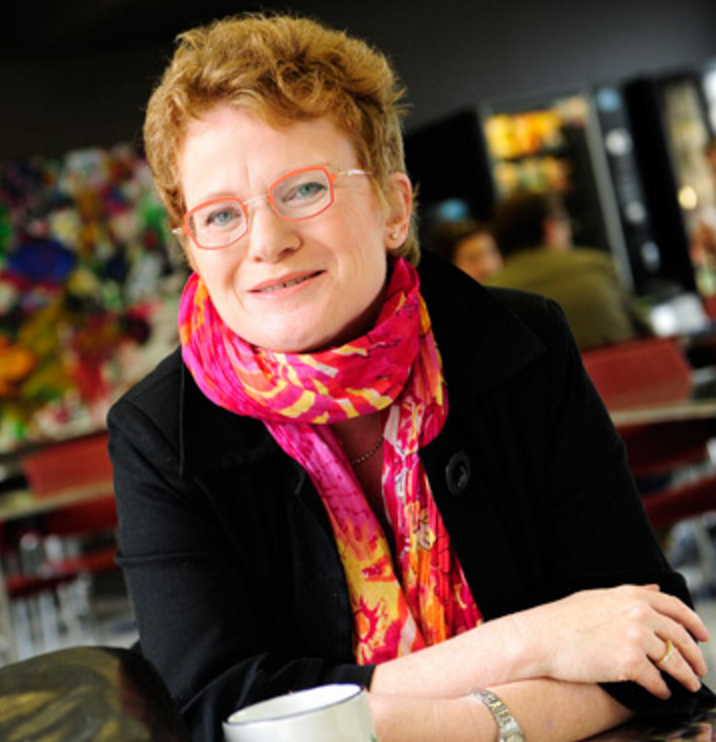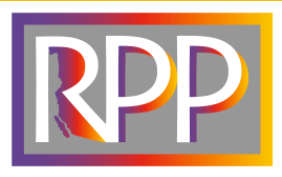Blog
- Details
Join us for our Annual General Meeting
Thursday, September 28, 2017
at 10 am (Pacific Time) / 1 pm (Eastern time)
More details to be released later this summer
Ever considered joining our board? Now is your chance!
Learn more and join the CNPEA team
(Apply before August 28, 2017)
- Details

Are you a committed, passionate person?
Are you looking for an opportunity to grow your skills and
improve the lives of older adults in Canada?
The Canadian Network for the Prevention of Elder Abuse (CNPEA) is looking for YOU!
The CNPEA is looking for new Board Members to join its pan-Canadian Board. We are seeking candidates who are committed to supporting the prevention of elder abuse in Canada and eager to provide leadership to this growing network of elder abuse professionals.
Number of seats available: 4-5
- Details
In B.C. our population is aging, and at the forefront of providing services to this population are municipal and non-profit Community-Based Seniors’ Services (CBSS). CBSS provide a range of low-barrier programs and services to seniors in the core areas of nutritional supports; health and wellness; physical activity; educational, cultural and recreational programs; information, referral, and advocacy; transportation; and affordable housing.
The idea for the Raising the Profile Project (RPP) came from a workshop on senior centres at a conference with the Seniors Advocate in the spring of 2015.
- Details

On World Elder Abuse Awareness Day (June 15, 2017), the Quebec Minister responsible for Seniors and Anti-Bullying, Francine Charbonneau, announced the launch of the second edition of the Government Action Plan to Counter Elder Mistreatment. CNPEA interviewed Marie Beaulieu, Research Chair on the Mistreatment of Older Adults about it.
- Details
Another exceptional year for World Elder Abuse Awareness Day, which was celebrated across the globe. Here are some highlights of WEAAD 2017:
Page 35 of 55


















